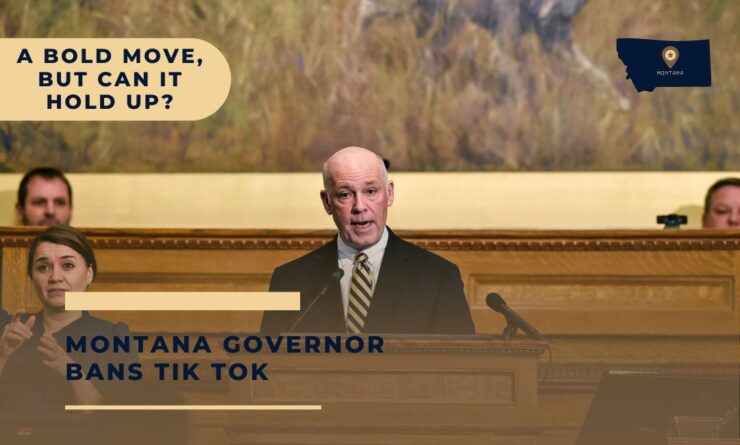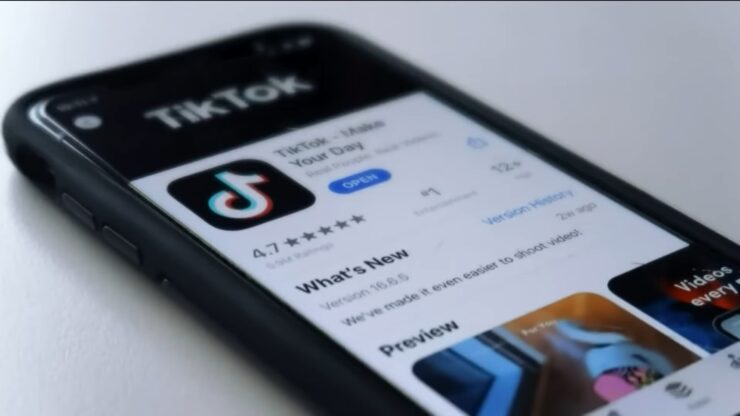Montana Governor Greg Gianforte has officially signed into law a first-of-its-kind bill that bans the popular video-sharing platform TikTok from operating within the state’s borders. The move sets the stage for a potential legal showdown between Montana and the social media giant, raising questions about the enforceability of the ban.
Understanding the Ban
The motivation behind Montana’s ban on TikTok stems from concerns that the Chinese government could potentially exploit the platform to harvest user data and disseminate pro-Beijing propaganda or misinformation to the American public.
Similar arguments have been made by lawmakers in the U.S. Senate, as well as intelligence agency officials, who perceive TikTok as a potential national security threat due to its Chinese parent company ByteDance operating under Chinese law.
TikTok’s Stance
TikTok has vehemently denied any wrongdoing, asserting that it has never been asked to provide user data to the Chinese government and would refuse to do so if such a request were made. The company maintains that it adheres to robust security and privacy measures to protect user information.
Montana’s Approach to the Ban
BREAKING: Montana has become the first state to completely ban TikTok after the governor signed the most sweeping measure in the U.S. attempting to curtail the app. https://t.co/89gjAqmwJZ
— The Associated Press (@AP) May 17, 2024
Under the new law, TikTok downloads will be prohibited within the state, and any entity, including app stores or TikTok itself, could face fines of $10,000 per day for each instance of access, offer of access, or download of the app.
Notably, the ban will not come into effect until January 2024. Moreover, the ban would be rendered void if TikTok were to be acquired by a company not based in any country designated as a foreign adversary by the U.S. federal government.
Challenges to Enforcement
Experts in cybersecurity raise concerns regarding the practicality and enforceability of the ban. The United States lacks the level of control over online content that countries like China possess, while internet service providers are not involved in the equation.
Additionally, technology industry representatives have expressed skepticism about the ability of app stores like Apple and Google to implement the ban effectively. They argue that app stores cannot geofence apps by state and that the responsibility to determine where an app can operate should lie with the app itself rather than the app store.
Potential Legal Battles
Montana Attorney General Austin Knudsen anticipates that the ban will face legal challenges and end up in court. TikTok, through spokesperson Brooke Oberwetter, has asserted that the law infringes on the free speech rights of Montanans and is unlawful.
While it remains uncertain whether TikTok will file a lawsuit, concerns have been raised regarding the bill’s potential violation of the First Amendment and “bill of attainder” laws, which prohibit the government from imposing punishments on specific entities without a formal trial.
Looking Ahead
As the ban on TikTok in Montana takes center stage, a legal battle looms on the horizon. The clash between the state’s concerns over national security and the platform’s defense of user rights and free speech will likely shape the outcome of this contentious issue.
With significant implications for the regulation of social media apps, the TikTok ban in Montana may set a precedent for similar actions by other states, raising further questions about the balance between security and individual freedoms in the digital age.
Source:
https://news.yahoo.com/montana-governor-bans-tiktok-state-231928489.html
https://www.cbsnews.com/news/montana-bans-tiktok/

















